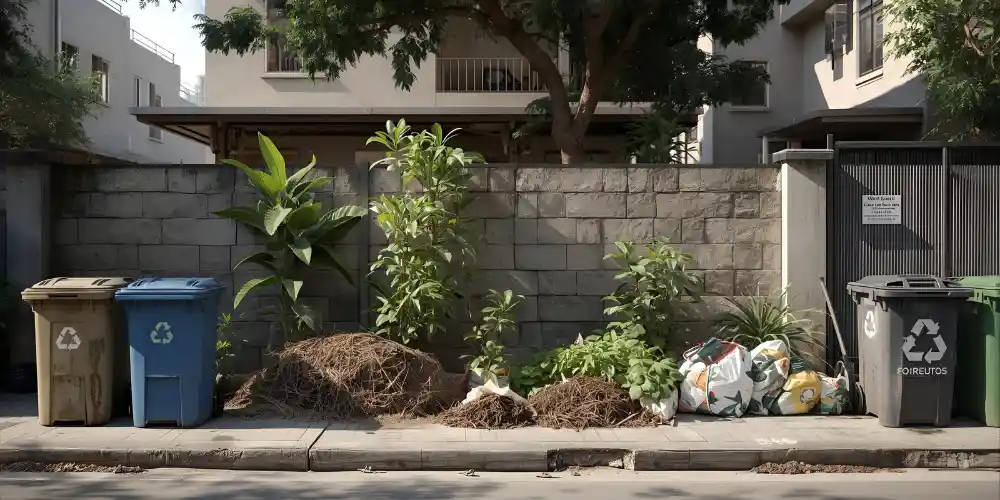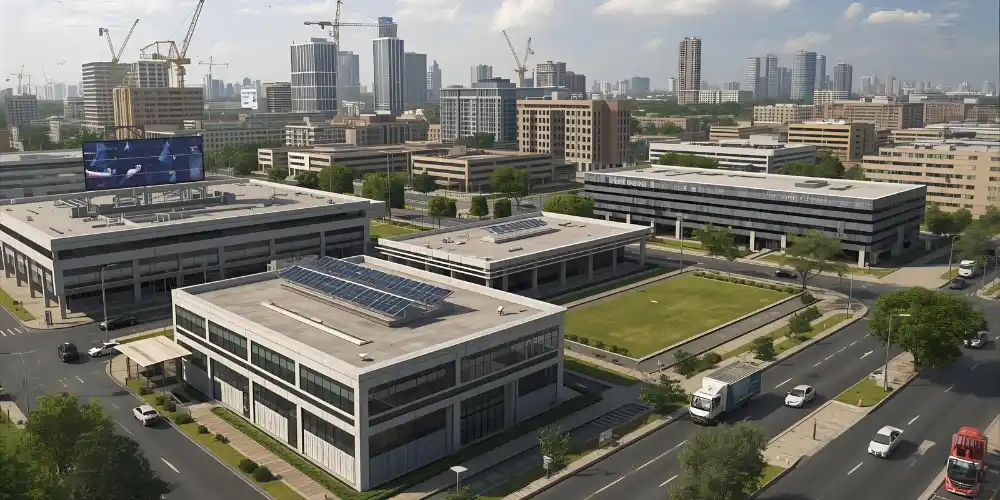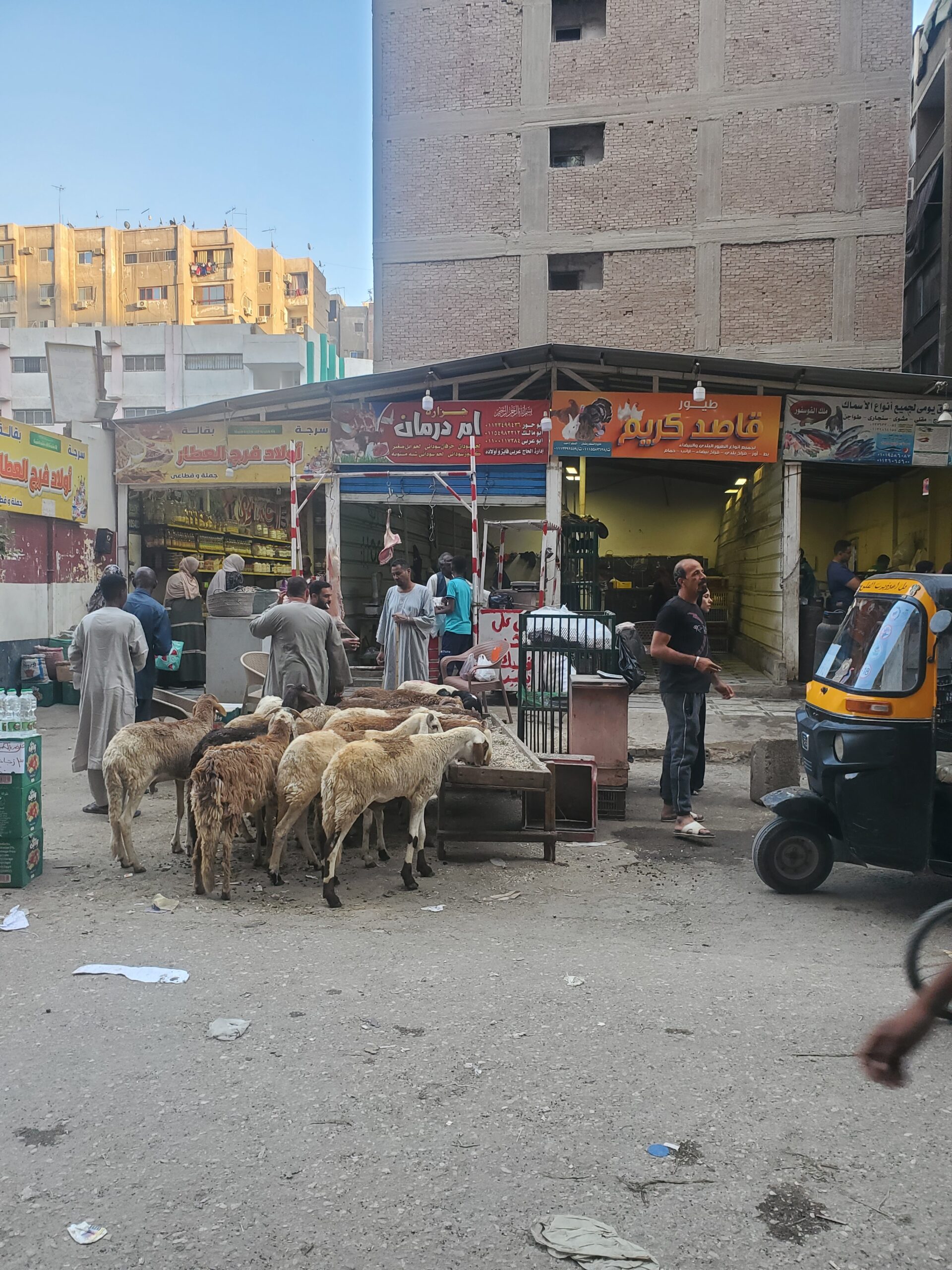Waste Management in Cameroon: Challenges and Innovative Solutions
Introduction
Waste management in Cameroon faces significant challenges due to rapid urban growth and insufficient infrastructure. Only 43% of urban residents benefit from formal waste collection, leading to environmental and health risks. This article examines the current state of waste management in Cameroon and explores sustainable solutions being implemented to address these issues.
Current State of Waste Management
Urban centers such as Yaoundé and Douala struggle with ineffective waste collection and disposal systems. Open dumping and burning of waste contribute to pollution, while limited municipal services leave many neighborhoods underserved. These conditions highlight the urgent need for improved waste management practices across the country.
Challenges in Waste Management
Infrastructure Limitations
Inadequate infrastructure is a major hurdle for waste management in Cameroon. Many cities lack sufficient waste bins, recycling facilities, and proper disposal sites, creating inefficiencies and environmental hazards.
Lack of Public Awareness
Residents often lack knowledge about proper waste disposal and recycling. This contributes to littering and low participation in sustainable waste management initiatives, making it harder to implement effective programs.
Financial Constraints
Municipalities face financial limitations that prevent them from investing in modern waste management technologies or expanding collection services. Budget constraints remain a significant obstacle to progress.
Innovative Solutions
Community Engagement
Local communities are playing a vital role in improving waste handling. Neighborhood clean-ups, recycling programs, and educational workshops help raise awareness and encourage residents to participate actively in sustainable practices.
Technological Innovations
Emerging technologies such as waste-to-energy projects offer solutions that convert waste into usable energy. These initiatives reduce landfill dependence while providing alternative energy sources.
Government Policies
The government has introduced laws and regulations promoting proper segregation, recycling, and penalties for illegal dumping. Effective enforcement is crucial to ensure compliance and enhance urban waste systems.
Public Participation
Encouraging public participation is essential for sustainable urban waste practices. Active engagement through local initiatives and recycling efforts reduces the burden on municipal services and fosters a culture of environmental responsibility.
Educational Programs and Awareness Campaigns
Educational campaigns targeting schools, NGOs, and citizens raise awareness about proper disposal and recycling. Knowledge dissemination improves participation in sustainable practices and promotes behavioral change.
Private Sector Involvement
Private companies contribute by investing in collection services, recycling facilities, and energy solutions. Collaboration with municipalities enhances efficiency, reduces costs, and supports the green economy.
Recycling Initiatives in Cameroon
Recycling programs are critical for minimizing landfill waste. Local organizations have established collection points for plastics, metals, and organic materials, encouraging citizens to participate in circular economy practices.
Waste-to-Energy Projects
Projects converting waste into electricity reduce environmental impact while supporting urban energy needs. They demonstrate potential for innovative approaches to sustainable urban resource management.
Regulatory Framework and Enforcement
Strong regulations are essential. Cameroon has introduced laws targeting segregation, disposal practices, and penalties for violations. Enforcement ensures sustainable practices are adopted across cities.
Environmental Impact
Proper handling of waste reduces pollution and protects soil, water, and air quality. Sustainable practices mitigate climate change effects and improve public health.
Future Outlook in Cameroon
The future depends on continued innovation, community engagement, and policy enforcement. By leveraging technology and promoting awareness, Cameroon can build a resilient and environmentally friendly waste system.
Further Reading
For more detailed information on solutions for urban waste in Cameroon, visit the UNDP Cameroon Blog.
Conclusion
Effective waste control in Cameroon requires coordinated efforts from government agencies, the private sector, and local communities. By implementing innovative solutions and encouraging public participation, the country can address its waste challenges and ensure a cleaner, healthier environment.
For more news on waste management and environmental initiatives in Africa, click here.




